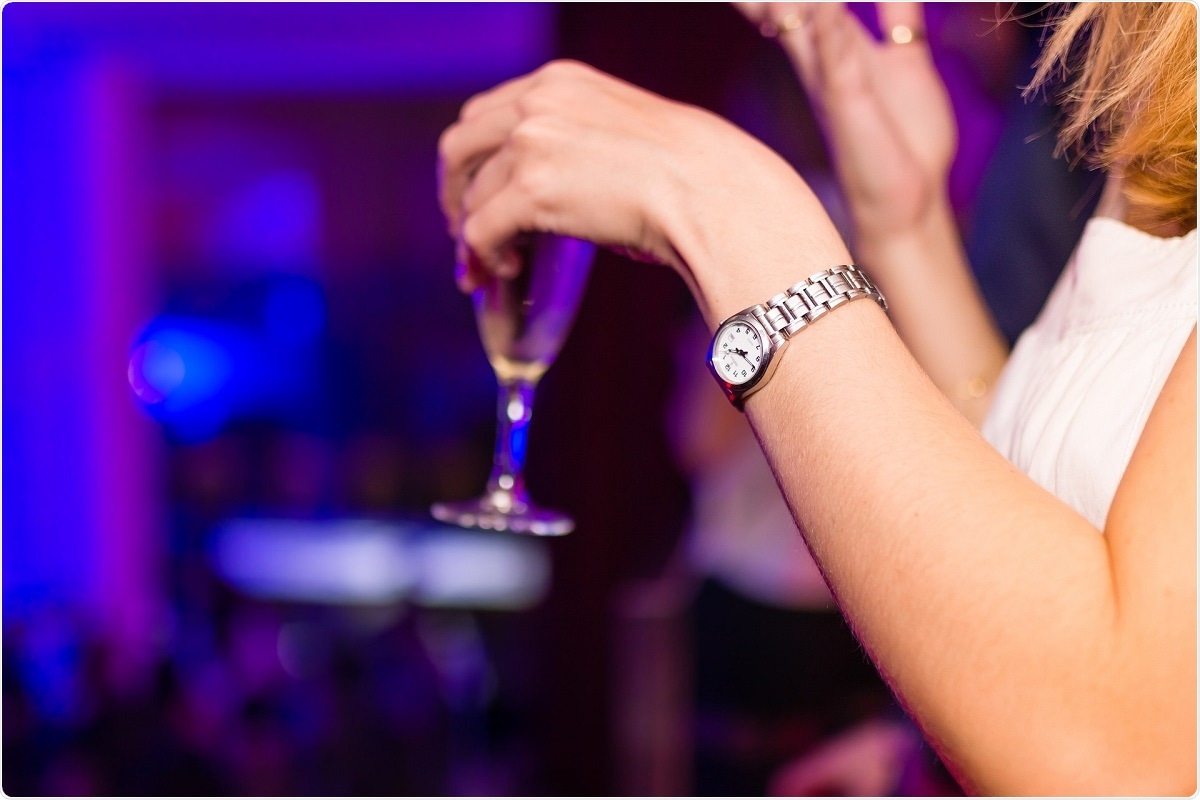As lockdowns continue around Australia in the wake of the highly infectious Delta strain, new research from Flinders University has revealed that during the pandemic in 2020, the most affluent women suffered increased feelings of depression compared to other social classes and middle-class women who reported feeling fear and anxiety, drank more alcohol.

The study shows how differently diverse groups of middle-aged women were impacted by COVID-19. Image Credit: Flinders University
To compare the impacts of the pandemic across different groups of women, the researchers defined social classes based on the individuals’ access to cash, property and assets, their social contacts and employment prestige, as well as their participation in cultural activities.
Led by Dr Belinda Lunnay at Flinders University, the team looked for changes in women’s feelings during COVID-19 and found increased feelings of fear or anxiety and depression was higher in those from more affluent social classes. Whereas women in the most disadvantaged social class reported increased feelings of uncertainty.
“Our results highlight how differently diverse groups of middle-aged women reacted to COVID-19,” says Dr Lunnay from Flinders University’s College of Medicine and Public Health.
“The depression, fear and anxiety felt by more affluent women could likely be the result of fearing the loss of income, as well as the loss of social networking opportunities, which reduced their opportunity to retain or build upon their existing social standing.
“It is unsurprising that women living in difficult circumstances before the pandemic experienced uncertainty during COVID-19, given low wage work is often precarious with little to no job security and this was pronounced during the pandemic.
“This group also typically has limited access to social supports and might account for this group experiencing the highest level of uncertainty across the women surveyed.”
The survey also investigated women’s alcohol consumption patterns to determine how their emotional responses to the pandemic had impacted their levels of drinking.
Of all the social groups, middle-class women who have a lot of social contacts but moderate access to cash and assets reported increasing their drinking the most.
“From our previous research we know women drink to cope with stress and isolation and our survey once again demonstrates this as the pandemic has increased the magnitude of stress in women’s lives,” says Dr Lunnay.
However, not everyone reacts to a crisis in the same way, and we saw women from some social class groups, despite reporting increased negative emotions including depression and uncertainty during the pandemic, didn’t increase their drinking.”
Dr Lunnay, College of Medicine and Public Health, Flinders University
Dr Lunnay highlighted that how women react to the pandemic provides an important context to their sense of risk during the pandemic, and specifically to the negative emotions stemming from the impact of lockdowns and restrictions.
“The levels of advantage that shape women’s daily living seem to influence how they responded to the pandemic and its associated counter measures like social distancing and lockdown restrictions,” says Dr Lunnay.
“We can identify from our research, groups of women who experienced the pandemic in more fraught and ‘problematic’ ways - women who reported increased feelings of fear and anxiety also reported the largest increases in alcohol consumption.
“We need to understand these differences in order to inform future policy responses and ensure public health messages that discourage problematic drinking are targeted to the differing needs of these women.”
‘Social Class and Changes in Australian Women's Affect and Alcohol Consumption During COVID-19’ by Belinda Lunnay, Barbara Toson, Carlene Wilson, Emma Miller, Samantha Beth Meyer, Ian Olver, Kristen Foley, Jessica Thomas and Paul Ward is published in the journal Frontiers in Public Health. DOI: 10.3389/fpubh.2021.645376.
This project was funded by the Australian Research Council as well as contributions from The Cancer Council Australia. Co-authors on the paper are from the Olivia Newton-John Cancer Research Institute, La Trobe University, University of Waterloo, Canada and the University of Adelaide.
Source:
Journal reference:
Lunnay, B., et al. (2021) Social Class and Changes in Australian Women's Affect and Alcohol Consumption During COVID-19. Frontiers in Public Health. doi.org/10.3389/fpubh.2021.645376.